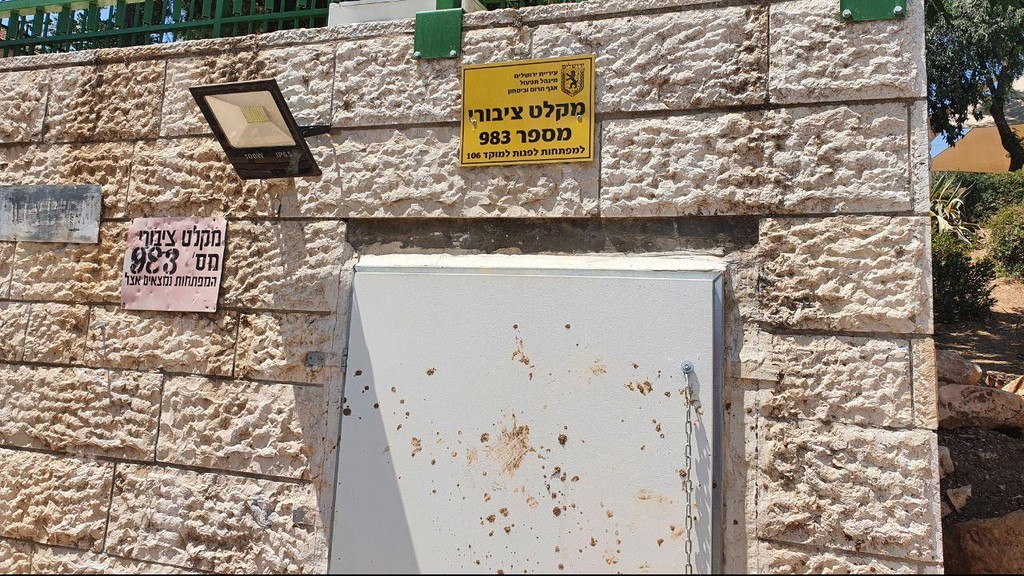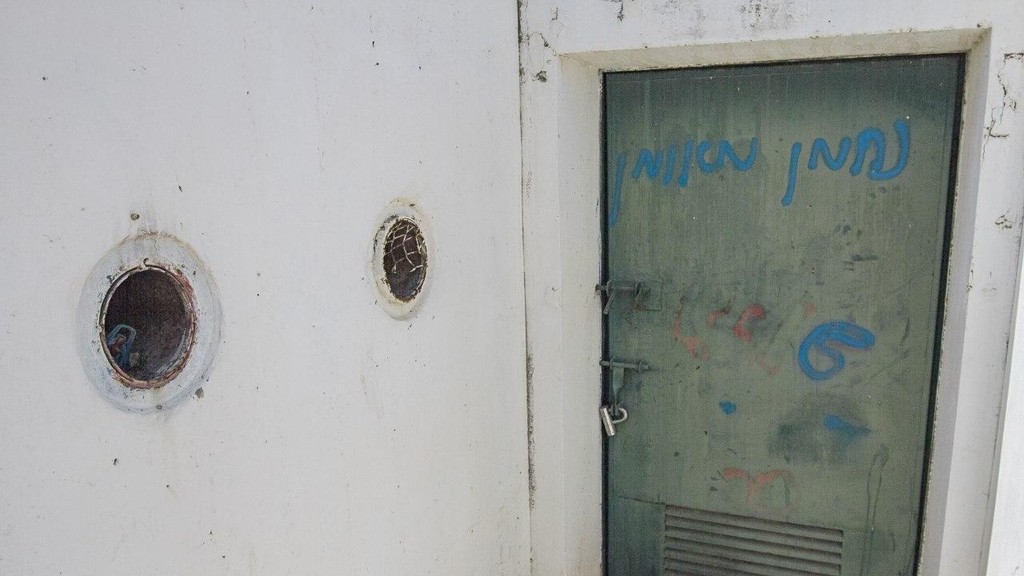Getting your Trinity Audio player ready...
Approximately 2.6 million Israelis, around 28% of the population, do not have adequate protection in case of a missile attack on the country according to a new state comptroller report issued on Monday.
Public shelters nationwide were found to be in a poor state of repair and evacuation plans for civilians from areas affected by missile strikes have been shelved.
In his annual report, State Comptroller Matanyahu Englman dedicated a chapter to the preparedness of the home front to the possibility of war.
He found that 38% of Israelis have bomb shelters at home, 27% would rely on public shelters available in some high-rise apartment blocks, while 6% of the public, an estimated 500,000 people, would have to reach public shelters outside their homes.
The report paints a gloom picture in which around 50% of public shelters are rendered unfit for purpose due to years of neglect. These figures may be out of date since the state of public shelters was last reviewed in 2015.
While tensions increased on the northern frontier and armed fighters were detected planting a bomb on the Israeli-Syrian border, the report found that 50,000 people living nine kilometers (5.5 miles) away from the border have no protection from rocket fire.
The Home Front Command had renovated over 500 public shelters in the north and was commended in the report.
"The Home Front Command should continue its work providing shelters in the north," the report said in reference to a cabinet decision from February of 2018 to ensure public shelters are up to standards in communities located up to 20 kilometers from the border.
The comptroller has also found that some 231,000 people residing in a distance of up to 40 kilometers from the Gaza border in southern Israel do not have a proper shelter.
These communities are well within the range of rocket and missile fire from the Hamas-ruled coastal enclave, but the report notes that communities within closer proximity to the border – up to seven kilometers (four miles) away - have proper protection thanks to government initiatives executed in recent years.
Englman also criticized the political and military echelons in his report for not promoting evacuation plans for civilians in case of escalation in cross-border violence.
In response to the report, the IDF insisted that the execution of the plans is stalling due to stalled budgets and shifted the blame on the government. The military also noted that the responsibility for public shelters rests on local authorities.




